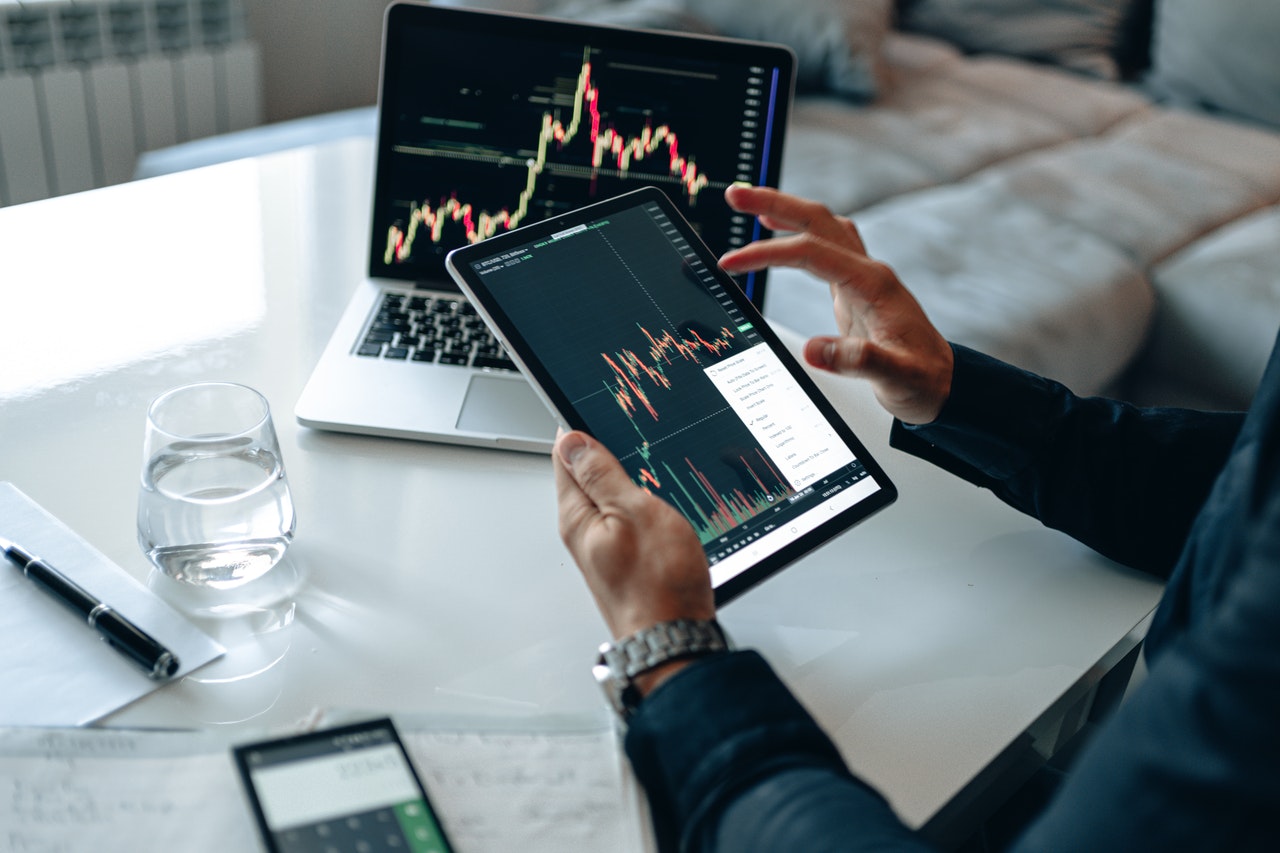A Forex trading platform is an essential tool for successful Forex trading. It helps traders gain access to the market, execute all sorts of operations, and maintain risk management and asset management processes. Furthermore, the traders can backtest their strategies or gain complete confidence in the ones that others recommend.
Forex platforms are the interface that connects the retail trader to their trading account. They are the core of forex trading. Platforms are used to execute orders, enter/view trading screens, perform trading analyses, and study historical trade data.
Definition of a Trading Platform
A forex platform is a software interface that allows users to engage with the forex market. These platforms allow users to trade on currencies, commodities, and indices. They are accessed via the internet and offer real-time prices, charts, and analyses.
A forex trading strategy with no historical data is just a hypothesis. And to create a profitable forex trading strategy, it is always essential to have the most accurate data available.
How Trading Platform Works
There are all sorts of trading platforms with different features to help you trade. But in general, the trading platforms fall into three categories: web-based, desktop-based, and mobile-based.
Web-Based
Web-based platforms allow you to trade via a web browser. They can be free or paid, but you’ll need a high-speed internet connection to use the service. Web-based platforms are not ideal for traders on the move because they tend to lack the technical capabilities that desktop-based and mobile-based platforms have.
Desktop Based
Desktop-based platforms are software that you install on your computer. You run the software, which provides access to the market, on your local hard drive. Desktop-based platforms have some technical advantages. For example, they allow you to view the market in chart format, which can help you spot patterns and trends.
Mobile Based
Mobile-based platforms are apps that run on mobile devices. They allow you to trade from anywhere, as long as there’s an internet connection.
Choosing the right trading platform depends on your trading style. For example, if charts are a big part of your strategy, you’ll want a desktop-based platform. If you’re moving in and out of trades quickly, a mobile-based platform might be best for you.
The essential part of Forex trading is connecting your strategy with the marketplace through platforms. Forex platforms integrate your strategy with several sources of market information, so you have high-quality data to use.
Online broker
To start trading Forex, you need to open an account with a broker. The broker is a financial institution that resides on the internet, acting as a middleman between clients and the market. Whether you choose a web-based platform or a desktop application for trading, it is imperative that the broker you choose suits your needs and provides a top-notch user experience.
Before settling on a broker, you need to clarify the fundamental differences between brokers, products, and platforms. When you sign up for an online forex account, you are signing up for an account with a broker, not with an underlying forex platform provider. The broker acts as the intermediary between you and the trading platform, which handles the execution of the trades.
The broker you choose will depend on your trading style. For instance, if you’re a day trader, you’ll probably want to select an account with low commissions and fast execution. If you’re a swing trader, you’ll likely want a broker that offers many currency pairs and a platform that allows you to set stop-loss orders.
Do Brokers Trade Against You?
The answer is a Yes and a No. Forex traders are up against a cunning foe. It’s called the spread, and it’s the price that brokers charge their clients for placing their trades.
The spread, the difference between the price at which you can buy and the selling price at which you can sell, can vary widely between brokers.
Conclusion
Forex trading platforms play a vital role in executing strategies and in determining their profitability. They serve as intermediaries between traders and the world’s financial markets and ensure that information flows between the two. In one direction, they provide traders with real-time data, and, in the other direction, they pass on orders to the market.
The primary process in a trading platform is the same across all platforms, but the design and layout vary from platform to platform.




